Legendary hashishin, activist, and educator Frenchy Cannoli passed away July 18 after suffering complications from surgery. He was 64.
“His passing was unexpected and leaves his family with a gaping hole of emotion where his smile and energy usually filled us so completely,” his wife, Kimberly “Madam Cannoli,” posted on Instagram. I think what we all appreciated about Frenchy so much was his authenticity and passion. It would give me great solace to see his face lit up with a smile right now.”
Early years
Born December 13, 1956, in the south of France , he spent his early years in Africa. Then, from ages 7 to 12, he lived in coastal Brittany in what he called “the middle of nowhere” before finishing his teenage years in France.
As a young adult, Cannoli traveled the world, immersing himself in the world of hashishins and hash-making.
“Traveling to distant places in the late 1970s and throughout the 1980s, visiting historical ruins and museums, learning traditions and sharing the local life, always seeking new experiences, feeding on the newness each culture presented was all I had dreamt about as a child and then some,” he wrote on his website. “My travels brought me to different [cannabis-]producing countries, where I did most of my studies on cannabis resin with local hashishins who had been practicing their art for generations.
“I realize today how much trust and respect was given to the clueless-but-eager youth I was,” he continued. “I shared the life of local farmers from North Africa to the feet of the Himalayas in India and Nepal with only my passion for cannabis resin to open doors.”
California years
Cannoli eventually settled in California and became a father, writer, activist, and renowned teacher of the ancient art of hashish-making. The process didn’t happen overnight. He spent years learning about American cannabis culture, which was profoundly different from what he experienced during his youth.
“When I came to California, instead of it being the place where the cannabis grows and genetics was just local, on top of the terroir I had the genetics worked by the farmer,” he told Tom Hymes for an mg Magazine cover story in 2017. “It became something more than just the wild plant in the mountains of India, Pakistan, and Afghanistan.”
The more Cannoli learned about the modern cannabis industry, the less impressed he became.
“They don’t make hash here,” he told Hymes. “They collect resin, they sell loose resin head, but they don’t make hashish. Hashish is resin that has been sieved and pressed with the source of heat. That’s hashish. It’s sieved, not extracted. It is the full resin head intact that is pressed with the source of heat and becomes a mass of resin. That mass of resin is named hashish.
“When you reject tradition without checking the science behind it and put new tech on the market without checking the science behind it, it doesn’t fly,” he added. “That’s not progressing. It’s going backward.”
Legacy
Condolences, words of encouragement, and promises to keep the legend alive poured from industry members and fans on Tuesday.
“There will forever be a space unfilled by the presence of this man and the love he brought to the world of hashishins,” Forever Flowering Greenhouses wrote on Instagram. “There’s a line waiting up above to hit your hookah.”
On Facebook, Shannon Hattan posted, “We have such fond memories of spending time with Frenchy talking hash and terpenes around the the hookah at Meadowlands. He has been such an important part of the cannabis story and his legend will no doubt live on.”
Manndie Tingler called him “a light unlike any other.” Documentary filmmaker and activist Bianca Green called meeting him “a gift.”
“Frenchy was such an inspiration and light in this community,” wrote Chloe Villano. “An educator who knew so many trade secrets yet wanted to give them all away so everybody could make the best hash. He will live on as a legend and inspiration to many.”







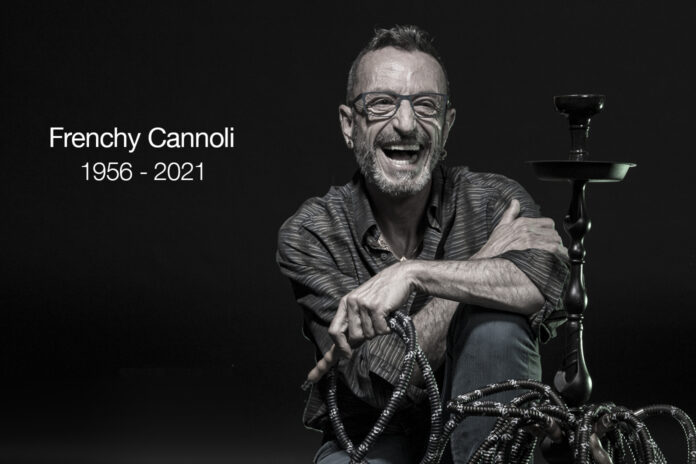
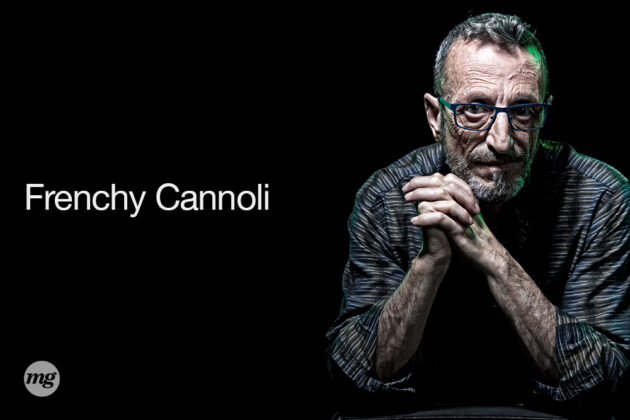
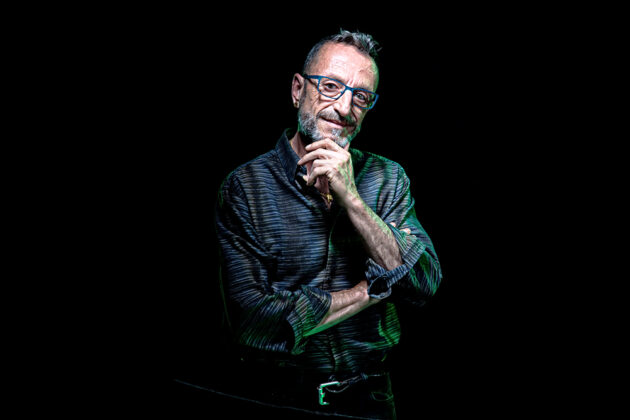
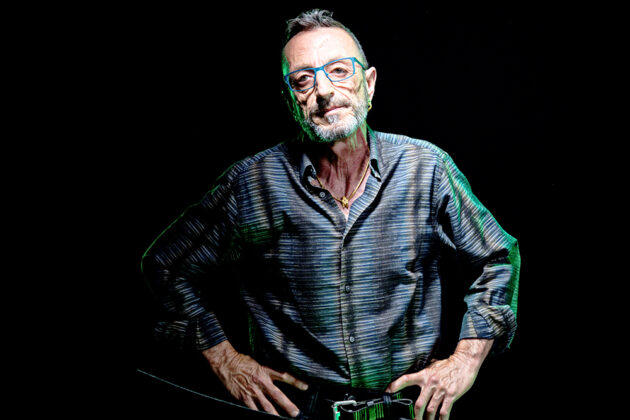
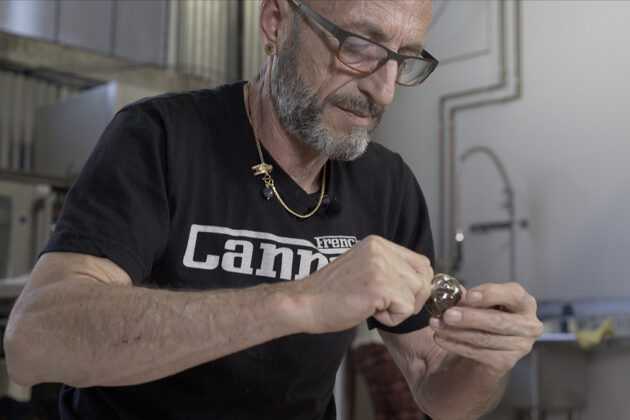
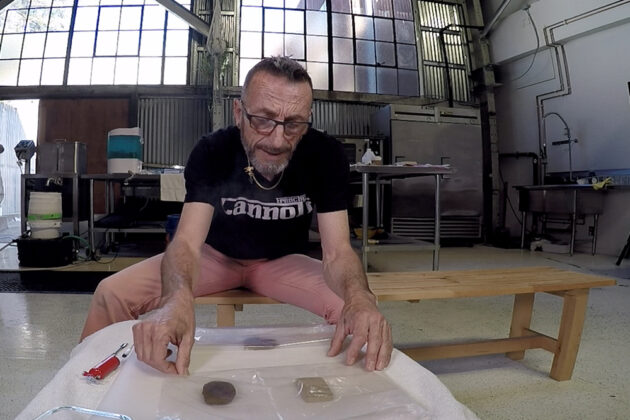
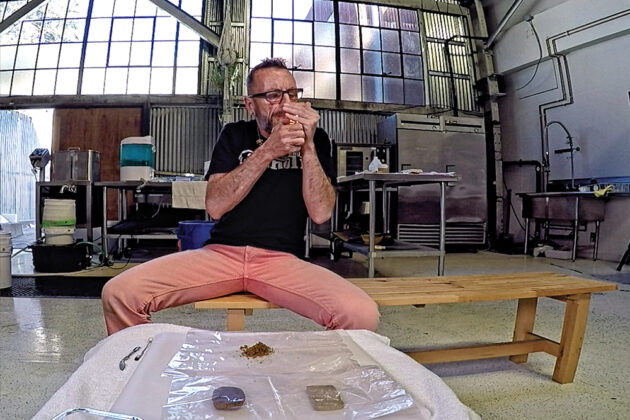
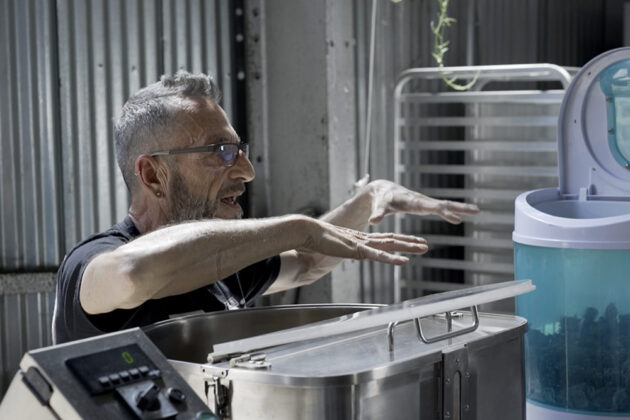
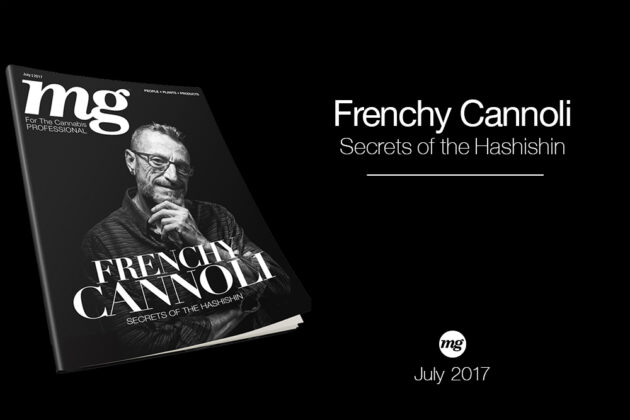


[…] O’Brien’s shots of teacher, consultant, artisan, and activist Frenchy Cannoli—renowned the world over for his hash-making techniques—captured a man at home in his own skin, […]